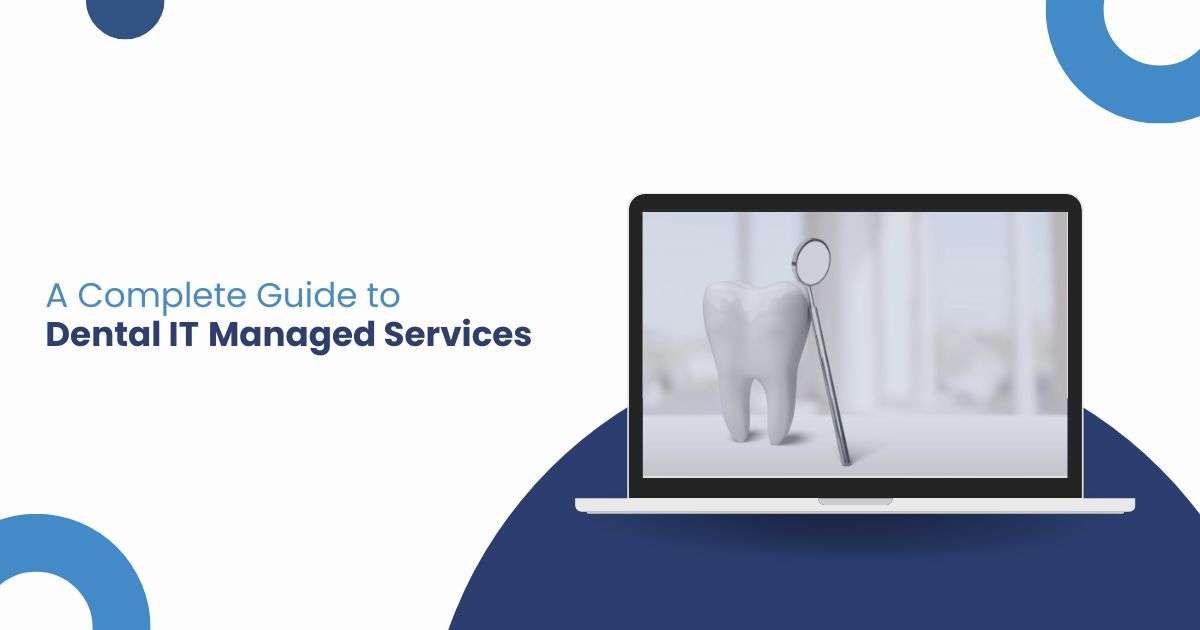
In the age of digital transformation, network security has become a cornerstone of protecting valuable digital assets. As businesses increasingly rely on interconnected systems and cloud-based services, the need

A Comprehensive Guide to Dental IT Managed Services Introduction to Dental IT Managed Services In the fast-evolving landscape of dental practices, technological advancements play a pivotal role. Dental IT Managed Services have emerged as a cornerstone, ensuring seamless operations and enhanced patient care. Dental Needs Unique Practice Dental offices face unique challenges, from managing patient...